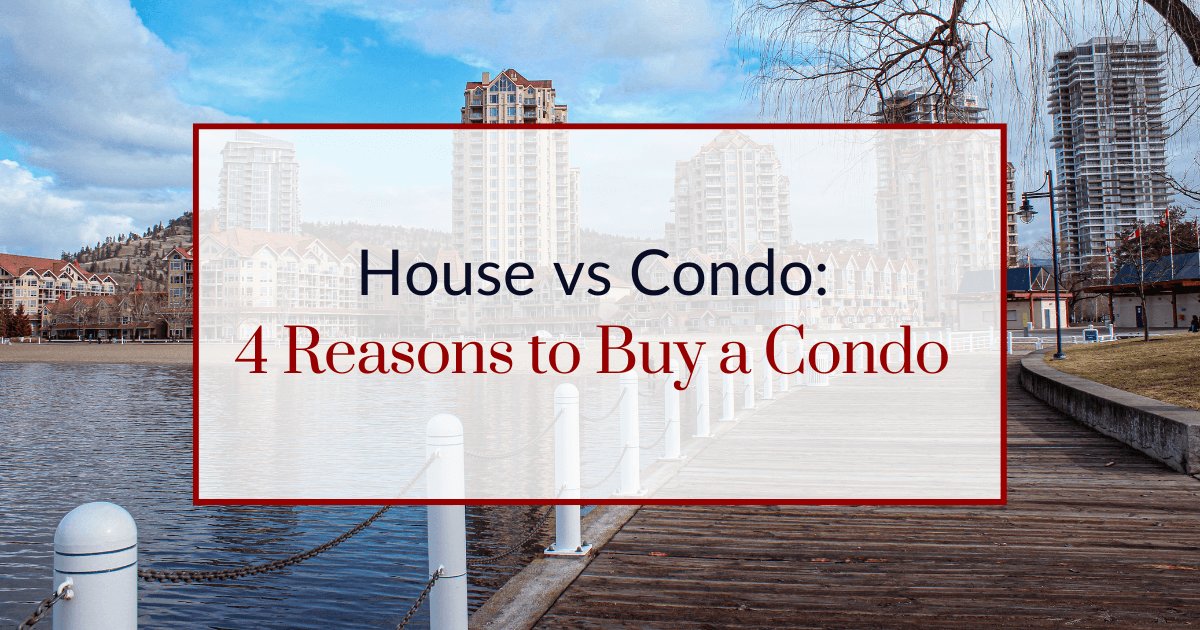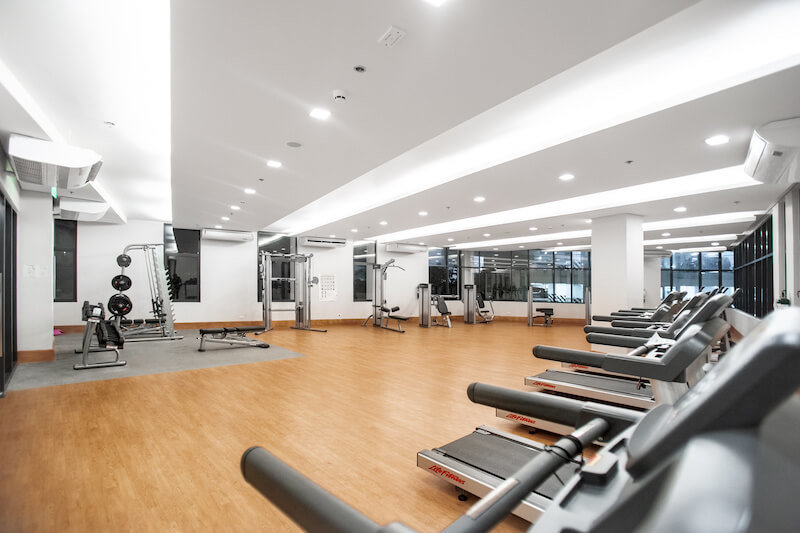Should You Purchase a Condo or a Single-Family Home?
Posted by Dave Kotler on Tuesday, June 21st, 2022 at 10:07am.

During the home shopping process, many buyers struggle to choose between single-family homes and condos for sale. Both have their perks, but there are a few advantages that condos have over detached homes. If you're getting ready to buy your first home and are still trying to decide which type of real estate is right for you, here are some points to consider about what makes condos great homes.
Condos Are More Affordable
While condos vary widely in price, they're almost always more affordable than their single-family counterparts. For example, luxury condos, of course, cost more than starter homes, but they're consistently cheaper than detached luxury real estate in the same area. According to recent statistics from Living in Canada, the median cost for a single-family home in the city of Toronto was just under $1.7 million, whereas average condo prices in the same area are about $808,000.
The average price of the typical single-family property in Canada averages more than $600,000, according to recent real estate market reports. However, those wanting affordably priced property are more likely to find it in the condo market.
Single-family homeowners also need to consider that there are more costs than just the mortgage and potentially higher property taxes. Those who own detached homes are likely to be held responsible for all upkeep and maintenance, which drives up the cost of ownership. Maintenance responsibilities for condo owners can still add up, but the reduced square footage and presence of owners' associations help lower the annual costs. Hence, those looking for a home in a city with higher-than-average property prices may find a condo to be far more affordable and ultimately the better option.
Condos Often Have Top-Notch Amenities

Single-family home buyers may have a community association that maintains and is responsible for upkeep of a few shared amenities, such as swimming pools, sports courts, parks, and walking trails. Those who aren't moving into a neighbourhood with an association or property management company may only have access to what they can fit in their backyard. Such amenities are wholly the responsibility of homeowners to maintain.
However, many of these amenities are standard in condo neighbourhoods, but some offer much more—especially in luxury condos. By far, resident amenities are one of the most appealing aspects of opting for a condo versus a single-family detached property.
Living in a condo means owners and tenants may have access to some of the most desirable amenities, such as:
- Multi-use Sporting Courts
- Pools & Hot Tubs
- Lavish Gardens & Recreation Areas
- Fitness Centres with Regular Classes
- Parks & Dog Parks
- Clubhouses
- Concierge Services
For some buyers, having these amenities without being responsible for costly repairs and maintenance is a primary reason for investing in a condo. Most amenities are shared, as they are in a single-home community, while some features are exclusive to certain residents.
Condos Require Less Maintenance
Most condo ownership rights delineate maintenance responsibilities by using terms like "common elements" and "private elements". Private elements, like interiors, major systems, and appliances, are maintained by the owners, whereas common elements are maintained by the association. A few common element maintenance tasks include:
- Landscaping
- Snow removal
- Repairing common element features
- Maintaining all shared amenities
Owners will pay a defined fee to the association to cover these expenses communally. Although condo owners are still responsible for maintaining the private elements of their units, those who want less maintenance will likely enjoy the condo lifestyle.
In a single-family home, the occupants will be responsible for almost all of the maintenance indoors and out. Single-family home communities may also have a neighbourhood association to handle common landscaping and community amenities. However, the bulk of the chores will fall on the homeowner.
Condos Make Great Short-Term Rentals
Single-family homes and condos can both make profitable vacation rentals. However, people investing in short-term rentals may find that condos offer lower upfront costs and a more significant profit margin potential.
Condos almost always have lower purchase prices, and the community association will cover most of the maintenance costs. Furthermore, on-site amenities and desirable locations in popular vacation destinations can help attract tenants.
Condo owners can reduce their workload even more by partnering with a property management company. A property management company can handle marketing, guest management, and cleaning in exchange for a service fee. This option is ideal for hands-off property owners looking for short-term renters.
There are many advantages to using a condo as a short-term rental. For starters, shorter stays allow more opportunities for the investor to go in more often to have the property cleaned and inspected to prevent problems and prepare for future occupancies. The passive income from operating a vacation rental can be put towards the mortgage, allowing owners to build equity more quickly.
Short-term rentals have an array of tax advantages that make them highly appealing. Any interest paid on the loan will likely be a qualifying tax write-off. There could be deductions for expenses, such as:
- Maintenance
- Management
- Insurance
- Marketing
When well-marketed, a short-term rental has the potential to outperform single-family home long-term rentals. With this in mind, a smaller investment in a condo can reap higher profits in the long run.
Choosing Between Condos & Single-Family Homes
When shopping for a home, it is essential to compare and contrast the differences between each option. Several factors can help determine if buying a single-family home or a condominium is the best option.
The first factor is the overall price. Buying a condo is often less expensive than buying a single-family home, which means the overall down payment, interest, and other home-buying expenses may be less. People who want to get the best bang for their buck might even consider buying older condos to find more space for less money.
Secondly, consider the location where the home is located. In most situations, condominiums are located in denser neighbourhoods, such as downtown, while single-family homes are set away from populated areas.
Finally, it is essential to consider who is close to the home. There are several units in a building in condominiums, which puts neighbours very close. In subdivisions, single-family homes have neighbours, but they are often far enough apart that there is no disturbance from their daily activities and noise.
Condo Vs. House: Which One Is Best For You?
Whether a buyer plans to invest in a property as a primary property, a vacation rental or a long- or short-term rental, there are many benefits to choosing a condo over a single-family home. They are relatively affordable, easier to market as vacation rentals, and may be luxurious without having a luxury price tag. Make sure to look at a few condo communities before setting your heart on a single-family home.
Dave Kotler

